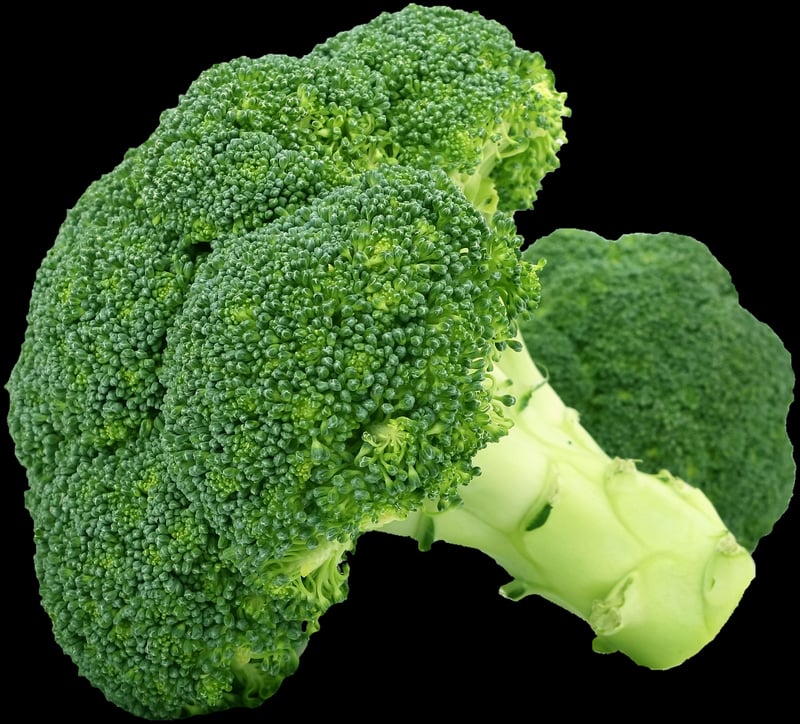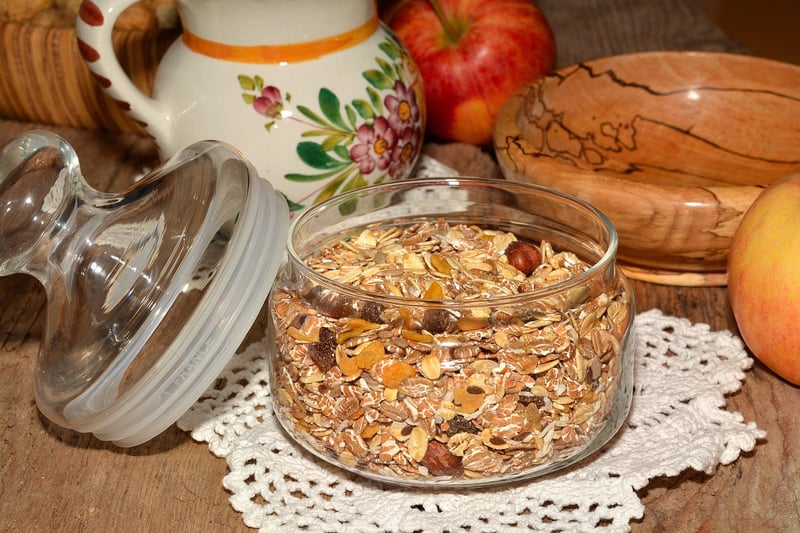Nutrient Dense Foods
The Importance of a Balanced Diet and Nutrient-Dense Foods
Eating a balanced diet that includes a variety of nutrient-dense foods is essential for maintaining good health and overall well-being. By understanding the importance of different nutrients and incorporating them into your daily meals, you can ensure that your body gets the necessary fuel to function optimally.
Key Components of a Balanced Diet:
A balanced diet consists of a mix of macronutrients (carbohydrates, proteins, and fats) and micronutrients (vitamins and minerals). Each of these components plays a crucial role in supporting various bodily functions:
1. Carbohydrates:
Carbohydrates are the body's primary source of energy. Opt for whole grains, fruits, vegetables, and legumes to get a steady supply of complex carbohydrates that provide sustained energy.
2. Proteins:
Proteins are essential for building and repairing tissues in the body. Include sources like lean meats, poultry, fish, eggs, dairy products, legumes, and nuts in your diet.
3. Fats:
Fats are important for brain function and hormone production. Focus on healthy fats from sources like avocados, nuts, seeds, and olive oil while limiting saturated and trans fats.
4. Vitamins and Minerals:
Vitamins and minerals are essential for various bodily functions, including immune health, bone strength, and energy production. Ensure you consume a variety of fruits, vegetables, whole grains, and dairy products to meet your daily requirements.
Benefits of Nutrient-Dense Foods:
Nutrient-dense foods are rich in essential nutrients but relatively low in calories. By incorporating these foods into your diet, you can maximize the nutritional content of your meals without overloading on empty calories. Some examples of nutrient-dense foods include:
- Leafy green vegetables like spinach and kale
- Colorful fruits such as berries, oranges, and apples
- Lean proteins like chicken, turkey, and tofu
- Whole grains like quinoa, brown rice, and oats
- Healthy fats from sources like avocados, nuts, and seeds
By focusing on nutrient-dense foods, you can improve your overall health, manage your weight more effectively, and reduce the risk of chronic diseases.
Conclusion:
Building a diet rich in nutrient-dense foods and balanced in macronutrients and micronutrients is key to promoting optimal health and well-being. By making conscious choices to include a variety of foods in your meals, you can ensure that your body receives the essential nutrients it needs to thrive.
Remember, a healthy diet is not about deprivation but rather about making informed choices that support your long-term health goals.
Start incorporating nutrient-dense foods into your meals today and experience the positive impact on your overall health and vitality!


References: Choose My Plate, Harvard T.H. Chan School of Public Health
